Having settled in the commune of Victoria, in the north of La Araucanía, 37 years ago, Marco Baratta recalls that in the late 1980s, houses and cars could be left open without any risk. "That is now unthinkable," he emphasizes, acknowledging that along with acts of violence, common crime has also arrived in the area.
If before he was a victim of an arson attack against his sawmill, he now accumulates thefts of items from his office, which he links to "individuals looking for quick money who steal things to sell and buy drugs to consume."
Located in the province of Malleco, Victoria has always been among the top five areas with the most acts of violence in the southern macrozone, and some neighbors have suffered forced displacement.
Perpetrators of the latest attack have not been identified
Despite the state of emergency decreed in May 2022, since then the Malleco Mapuche Resistance (RMM) group—linked to the Temucuicuicui community—has claimed responsibility for 24 attacks in the commune. Despite this, and similar to the rest of La Araucanía, the 2024 Census shows an increase in its population, to 34,500 people.
Seven kilometers from the city, on Saturday night, a shooting ambush occurred in which forestry guard Manuel León died and his colleague César Osorio suffered serious injuries. Those responsible for this attack have not yet been identified, and so far no group has claimed responsibility.
This scenario, as recounted by those who live, work, or travel through the area, keeps them in a "permanent state of alert" with self-protection measures such as not traveling during dark hours, keeping radios on, and checking social media.
Baratta recounts that his business "has been broken into three times: once a gas cylinder; another time a printer; and the last time, small tools, like a welder."
He laments that this happens despite having police and military presence less than 100 meters from his facilities. "It's a shame, but here security works office hours. They arrive and leave at the same time every day. So, crimes happen when there is no longer any protection," he denounces. Baratta states that WhatsApp groups are very useful and that he belongs to various productive and neighborhood organizations where "we share news and alert each other about what's happening."
Roxana Carrut, widow of farmer Jorge Hoffstetter, no longer lives in the rural area of Victoria. Since two of her family's properties have been occupied since 2019, she moved to the city center, where she found work at a care facility. Not free from violence, she was assaulted there. Beyond her situation as a victim, she also has a citizen's perspective: "I no longer know what it's like to go out at night. I haven't gone out in years." She also confirms an increase in common crime. "They are breaking into houses to steal, so I have security cameras everywhere," she says. She believes "there is little surveillance from the Armed Forces" and that municipal security personnel are seen more often than uniformed officers. "Every week—I gather courage and go out on the highway to visit my daughter, who studies in Temuco. I bring her food and clothes, and along the way I see that surveillance is scarce."
"Permanent Uncertainty"
Former member of the Commission for Peace and Understanding and president of the Malleco farmers, Sebastián Naveillán, lives in Traiguén but travels daily to Victoria, where his trade organization has offices. He confirms that neighbors "try to travel during daylight, between 8 a.m. and 6 p.m.; after that, risks increase." Living in Malleco, and especially in Victoria, is, in his opinion, "a permanent uncertainty."
After Saturday’s homicide, he recalls, a member of the association had a fertilizer order canceled. "That is true. Insecurity makes many agricultural input distribution companies unwilling to come, delay deliveries, or ask you to go pick up the products," he emphasizes.
Farmer and RN deputy for the area, Jorge Rathgeb, nostalgically recalls the time when he taught classes at the Victoria campus of Arturo Prat University. Now, he confirms that "along with acts of terrorism," the commune faces drug consumption and trafficking, as well as increasing cattle rustling.
Source:El Mercurio


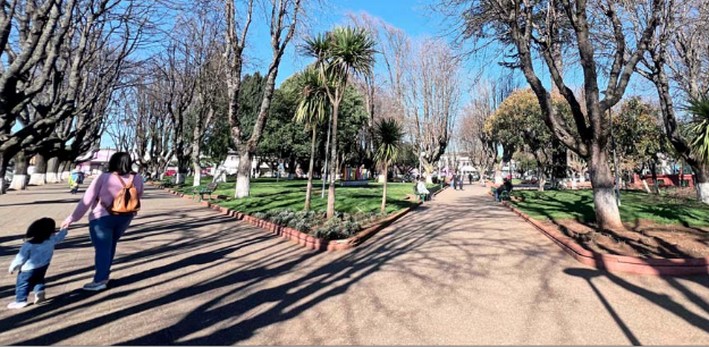
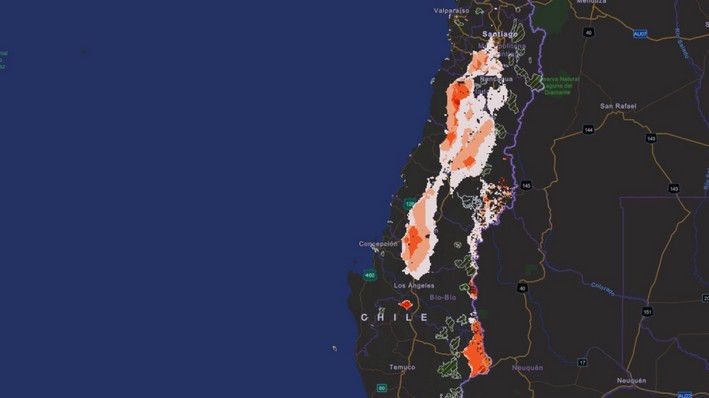
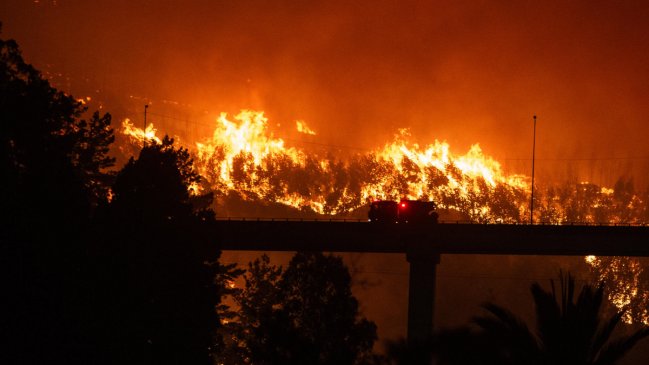
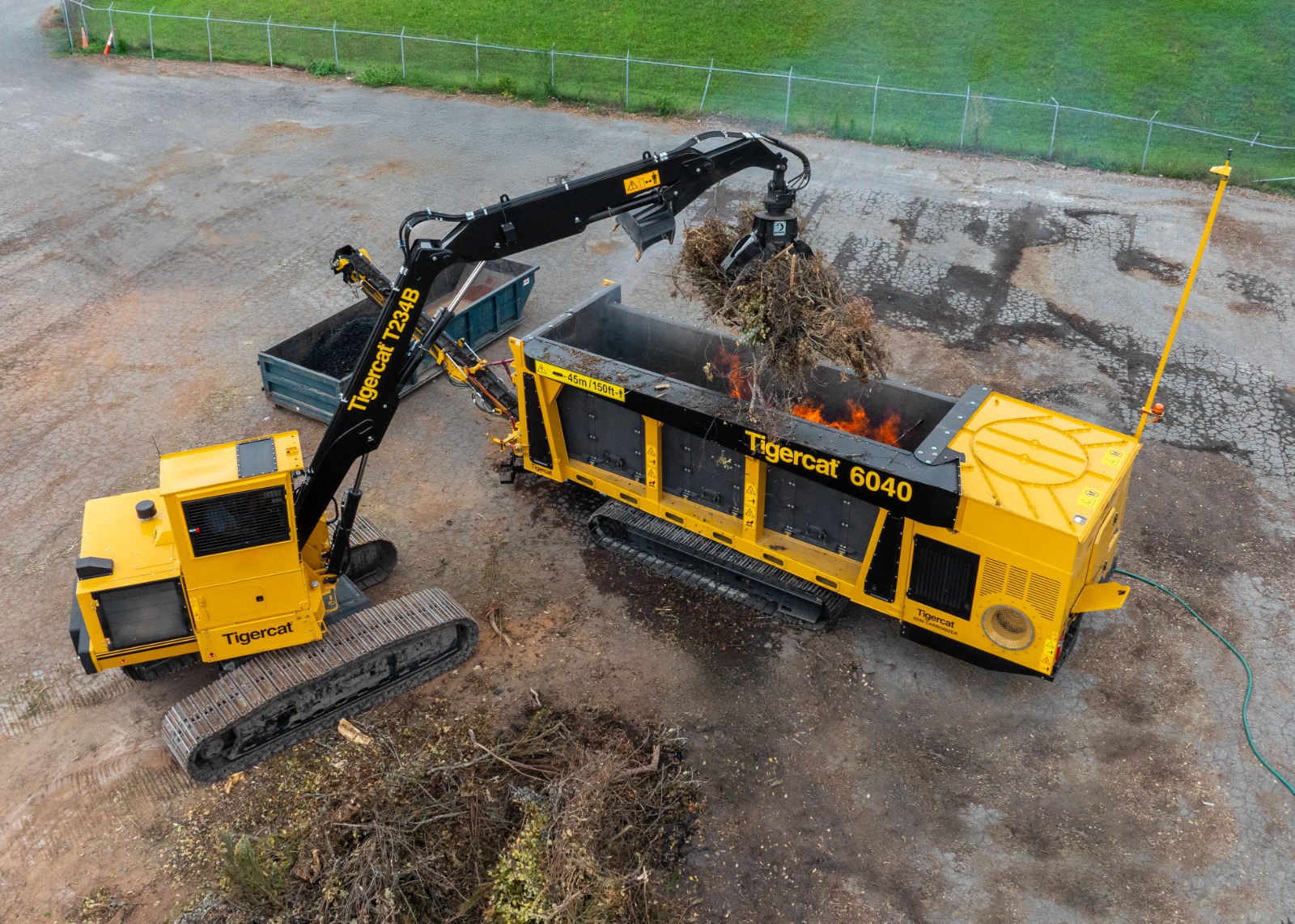
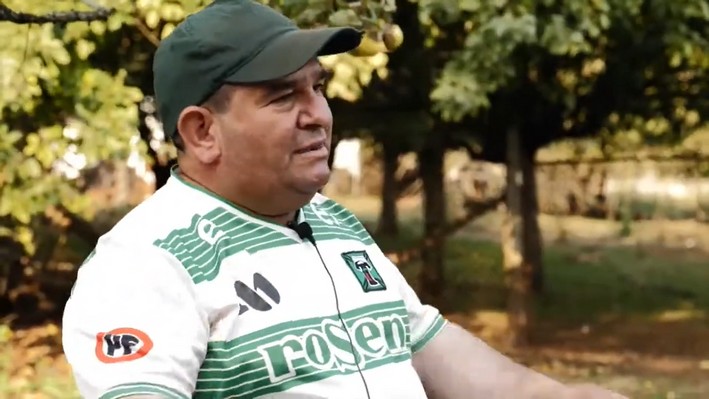
Comments (0)
No comments yet. Be the first to comment!
Leave a comment